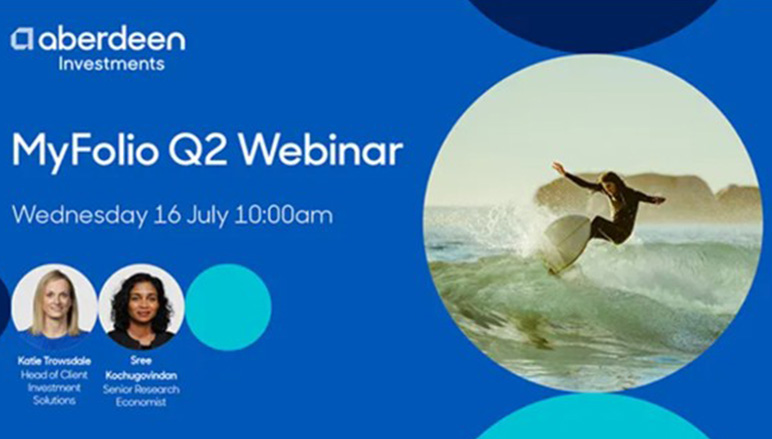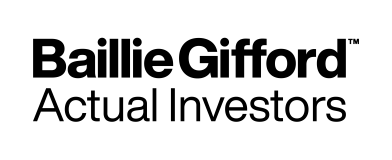It’s not just the oil majors delivering chunky share buyback programmes, but is it good for long-term investors?
- FTSE 100 firms are now planning £37 billion of buybacks this year, surpassing their previous peak of £34.9 billion in 2018
- Aviva, BAT, Unilever, Diageo and Lloyds also have major buyback programmes
- The forecast for dividend payments from FTSE 100 companies is £81.2bn before special dividends
Part of the recent controversy surrounding the oil majors has been focused on their decision to award part of their vast profits back to shareholders as buybacks. Their critics have argued that their resources would be better diverted to the energy transition or to helping households facing a cost of living crisis.
In reality, BP and Shell are following a broader trend among FTSE 100 companies to return cash to shareholders via buybacks. Buybacks among the UK’s largest companies have never been higher. AJ Bell reports that FTSE 100 firms are now planning £37 billion of buybacks this year, surpassing their previous peak of £34.9 billion in 2018. Aviva, BAT, Unilever, Diageo and Lloyds also have major buyback programmes.
These buybacks aren’t coming at the expense of dividends, where rates are still high. The forecast for dividend payments from FTSE 100 companies is £81.2bn before special dividends, equivalent to a forward dividend yield of just under 4%, according to AJ Bell. However, buybacks have historically not been as secure as dividends, with companies tending to retire their buyback programmes rapidly at times of trouble.
The criticism of share buybacks is often that they display a lack of imagination. Certainly, it is tough to believe BP or Shell can’t think of a better use of their cash at a time when the world desperately needs to shift from fossil fuel to renewables and when politicians are baying for windfall taxes. Equally, it is perhaps no coincidence that the mature, stodgy businesses of the FTSE 100 are the greatest proponents of share buybacks.
There are other problems with buybacks. Companies often start to employ them at the peak of a cycle. The last surge in buyback activity was during pre-financial crisis boom of 2006-7 and did little to prop up share prices in the resulting crash. While they could be seen as an endorsement of the company, too often management teams overpay and destroy shareholder value. In the worst cases, they are also seen as a tool of financial engineering, enabling management teams to trigger bonuses or stock options.
Russ Mould, investment director at AJ Bell, believes the current vogue for share buybacks should give investors pause for thought, “(are they) a potential contrarian indicator, especially in light of global equities’ spring woes?”.









